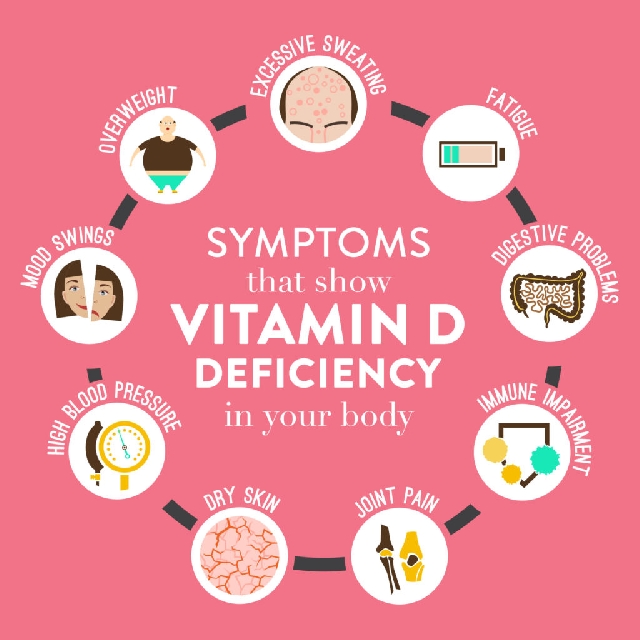KNUST study reveals high vitamin D deficiency among Kumasi’s elderly due to limited sun exposure
 Lack of Vitamin D
Lack of Vitamin D
A new study by the Kwame Nkrumah University of Science and Technology has found that only 6% of older people in Kumasi are properly exposed to sunlight, a crucial factor for the natural production of vitamin D.
The findings, published in the October 2024 edition of the Journal of Science and Technology, revealed that as a result, as many as 70% of participants are deficient in vitamin D.
Vitamin D deficiency is often linked to limited sunlight exposure and diets lacking vitamin D-rich foods.
Prolonged vitamin D insufficiency has been implicated in conditions such as compromised muscle function and a weakened immune response.
Inadequate vitamin D can impair muscle performance and overall health, especially among older individuals.
For the study, blood analyses were used to determine vitamin D concentrations, while structured questionnaires evaluated sunlight exposure and dietary habits of 125 older adults aged 55 and above attending the KNUST Hospital.
The researchers also measured their body composition.
The study also showed that only 22.3% of participants regularly consumed foods rich in vitamin D.
This lack of dietary intake, combined with insufficient sunlight exposure, exacerbates the risk of vitamin D insufficiency in older adults.
Beyond vitamin D levels, the research found that 60.8% of the participants were overweight or obese, and 48% had reduced muscle mass.
The researchers, led by Prof. Mrs. Ibok Oduro from the Food Science and Technology Department, recommended more outdoor activities for adequate sunlight exposure, promoting the consumption of vitamin D-rich foods such as fatty fish, fortified cereals, and dairy products, and engaging in moderate physical activity to improve muscle health and body composition.
Source: Classfmonline.com
Trending Entertainment

Rev. Isaac Kwaku Obofour tells critics to stay out of his personal life
14:11
Wode Maya urges financial independence, says Ghanaians shouldn’t rely on politicians to survive
12:35
Kwahuhene calls for expansion of Kwahu Easter celebrations to all communities
10:53
GTA CEO honoured as Global Cultural Ambassador at Pre-Grammy Awards in Los Angeles
22:29
Gospel icon Ron Kenoly dies at 81
18:58
Otumfuo Osei Tutu II takes break from official duties, delegates responsibilities
13:11
Vice President receives Agotime Kente weavers following UNESCO recognition
03:47
Trump threatens to sue Trevor Noah over Epstein joke at Grammys
21:18
Sista Afia on why 'many men fear' to date female celebrities
21:12
Israel Laryea defends wife Louisa over her 'post that went viral and caused a troll storm'
14:29



